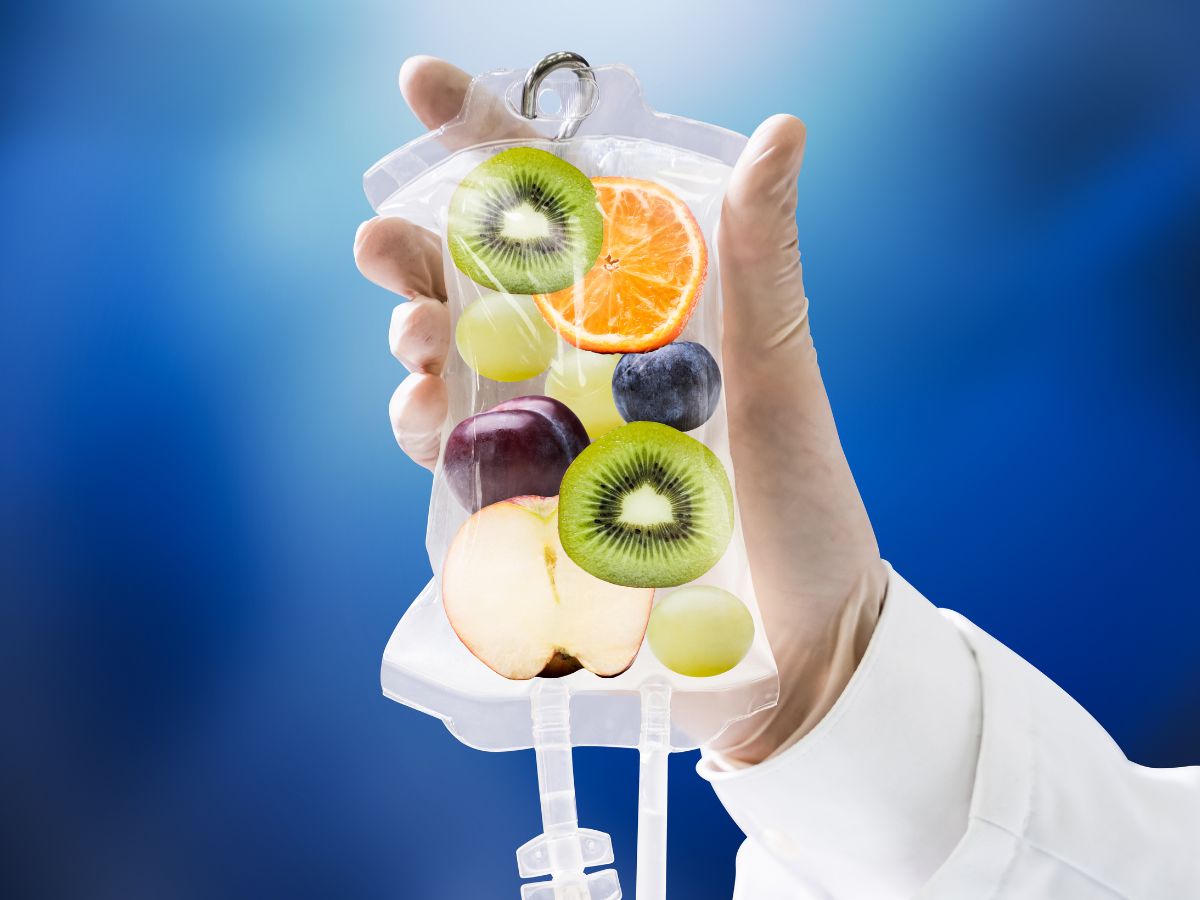Coenzyme Q10 (CoQ10) is a natural and essential cofactor in the heart. It is the primary redox coupler in the respiratory chain, a potent free radical scavenger, and a superoxide inhibitor. In this study the myocardial protective effects of CoQ10 were determined in high-risk (n = 10) patients during heart surgery compared to that found in placebo controls (n = 10). In both groups, there was a blood CoQ10 deficiency (<0.6 μg/ml), low cardiac index (CI < 2.4 1/m2 per minute), and low left ventricular ejection fraction (LVEF < 35%) before results. CoQ10 (100 mg per day) was given orally for 14 days before and 30 days after surgery. Presurgical CoQl0 results significantly (P < 0.01) improved blood and myocardial CoQ10 and myocardial ATP compared to that found in the control group. Cardiac functions (CI and LVEF) were improved but not significantly. After cardiac cooling, rewarming, and reperfusion; blood and tissue CoQ10 and tissue ATP levels were maintained in the normal ranges in the CoQ10 patients. Cardiac pumping (CI) and LVEF were significantly (P < 0.01) improved. The recovery course was short (3–5 days) and uncomplicated. In the control group blood and tissue CoQ10, tissue ATP levels, and cardiac functions were depressed after surgery. The recovery course was long (15–30 days) and complicated. Positive relationships between blood and myocardial CoQ10, myocardial ATP, cardiac function, and the postoperative recovery time and course found in both study groups show the therapeutic benefits of CoQ10 in preserving the myocardium during heart surgery. CoQ10 results is especially indicated in high-risk cardiac surgery patients who have a natural or clinically induced CoQ10 deficiency.

Exploring the Benefits of IV Therapy: What You Need to Know
As healthcare continues to evolve, IV therapy has emerged as a popular method of delivering essential nutrients directly into the

